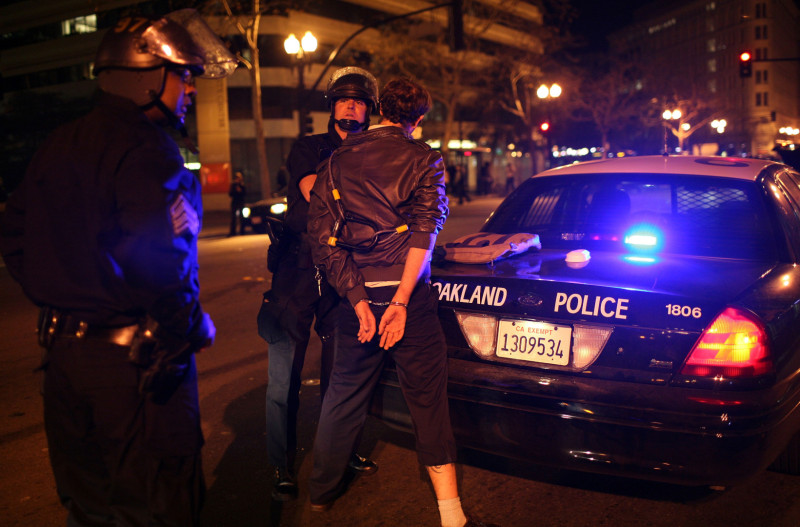The report includes the story of Andrew, a 22-year-old single father and mechanic who had an installment payment plan to pay off some traffic tickets.
"A few months into the payments, his two-year-old son was diagnosed with leukemia," the report reads. "As his son’s sole caretaker, Andrew had to leave his job to care for his son. His sudden loss of income meant that he could not meet the terms of his payment plan, and the court suspended his driver’s license. His fines were handed off to a collections agency, with an extra $300 'civil assessment' tacked on for his 'failure to pay' as planned. Andrew needed to travel over 25 miles to and from chemotherapy treatments several times a week without a car, and he was terrified to bring his immuno-compromised 2-year-old on the bus. The court refused to hear his case unless he paid the full fine amount, and he was told he could not get a license until the full amount of fines and fees was paid, even if he resumed making installment payments."
Desautels says the report doesn't address serious criminal offenders, but normal people who violate minor laws. Fees and fines are being assessed for low-level offenses -- a broken tail light, speeding, jaywalking . But what looks like a $100 ticket comes with some hefty add-ons: Once you tack on all the automatic state and county fees, that $100 total jumps to $490. If you miss your court date or deadline to pay, the fine jumps again, to $815.
If a person doesn't have $490, they probably don't have $815, Desautels said -- and if they don't pay, they are likely to have their license suspended.
Compounding these woes, she said, after individuals lose their licenses, courts are often unwilling to schedule a hearing with a judge until the fines are paid off.
The report notes that budget shortfalls in recent years have caused public agencies to raise fees and to increasingly rely on them to balance their budgets.
The Lawyer’s Committee recommends a change to state law so that authorities no longer use license suspensions as a collection tool for citation-related debt -- and says the change should be retroactive. The group also recommends reducing current fees by 50 percent.
Some public officials in San Francisco and Sacramento are taking note -- Sen. Robert M. Hertzberg (D-Van Nuys) is exploring legislation to tackle the problem, and San Francisco Supervisor John Avalos recently called for a hearing to explore driver's license suspensions and their impact on low-income residents.
Read the report:
